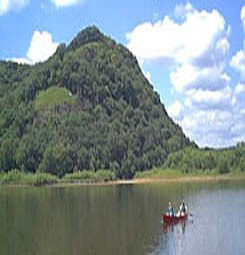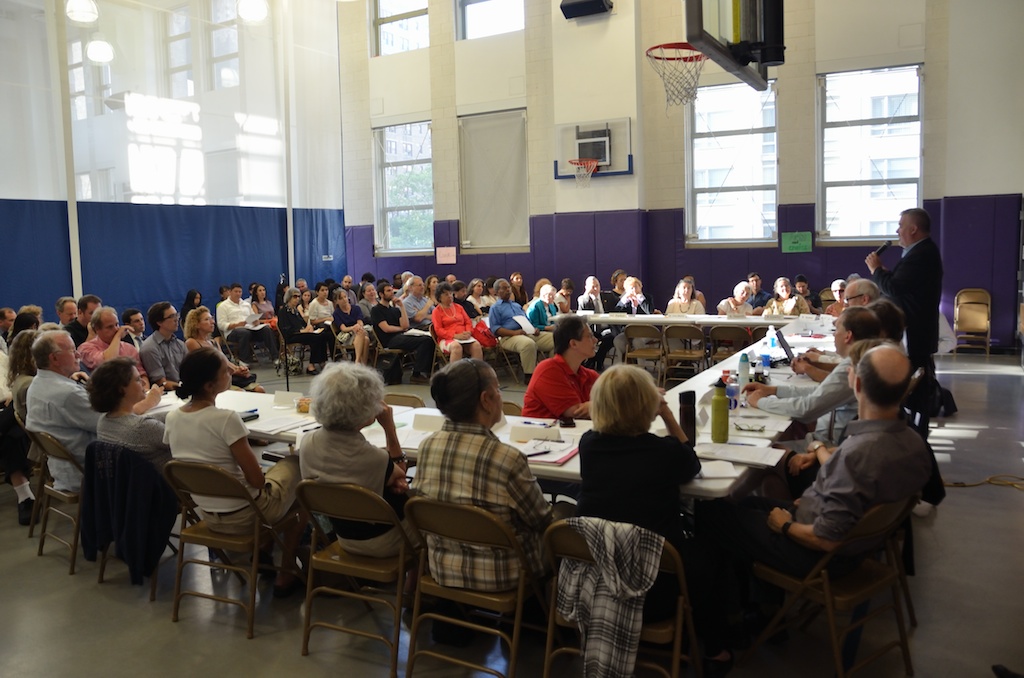
- Capital City:
- Madison
- Nickname:
- Badger State / America's Dairyland
- Motto:
- Forward
- Statehood:
- May 29, 1848 (30th)
- Origin of State's Name:
- Based on an Indian word "Ouisconsin" believed to mean "grassy place" in the Chippewa tongue
- Largest Cities:
- Milwaukee, Madison, Green Bay, Kenosha, Racine
- Border States:
- Illinois, Iowa, Michigan, Minnesota
- Land Area:
- 54,314 sq.mi., 25th largest
- State Bird:
- Robin
- State Flower:
- Wood Violet (viola papilionacea)
- State Tree:
- Sugar Maple (acer saccharum)
- State Song:
- On Wisconsin
In 1634, Frenchman Jean Nicolet became Wisconsin's first European explorer. The French controlled the area until 1763, when it was ceded to the British. The state's name is an English version of a French adaptation of an Indian name said to mean "the place where we live." The Wisconsin Territory was formed in 1836 and was admitted into the Union as the 30th state in 1848. With the nickname "America's Dairyland," it's no surprise that Wisconsin is one of the top producers of milk, cheese, and butter in the country. In fact, the loyal fans of the Green Bay Packers football team call themselves "cheeseheads." Milwaukee, the state's largest city, helps make Wisconsin one of the largest manufacturing states in the nation. The state capital, Madison, is home to the University of Wisconsin. The flower of the "Badger State" is the wood violet and the state bird is the robin.
 Print
Print Email
Email







